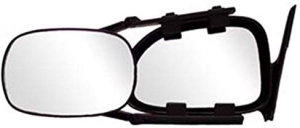-
Welcome to Tacoma World!
You are currently viewing as a guest! To get full-access, you need to register for a FREE account.
As a registered member, you’ll be able to:- Participate in all Tacoma discussion topics
- Communicate privately with other Tacoma owners from around the world
- Post your own photos in our Members Gallery
- Access all special features of the site
Keeping battery charged on travel trailer
Discussion in 'Towing' started by RandyTac, Nov 8, 2017.
Page 1 of 2
Page 1 of 2


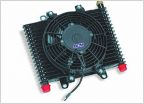 Newby Saying Hello & a Question
Newby Saying Hello & a Question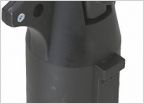 Help Needed with 7 Pin Adaptor
Help Needed with 7 Pin Adaptor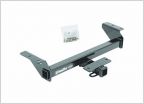 Draw-Tite 75238 Hitch for 3rd Gens - $41 on Amazon
Draw-Tite 75238 Hitch for 3rd Gens - $41 on Amazon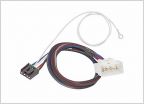 P3 brake controller?
P3 brake controller?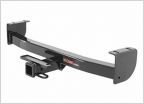 At what point do I need to upgrade?
At what point do I need to upgrade?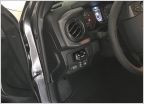 Top of the line brake controller worth the money?
Top of the line brake controller worth the money?

